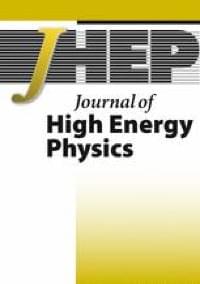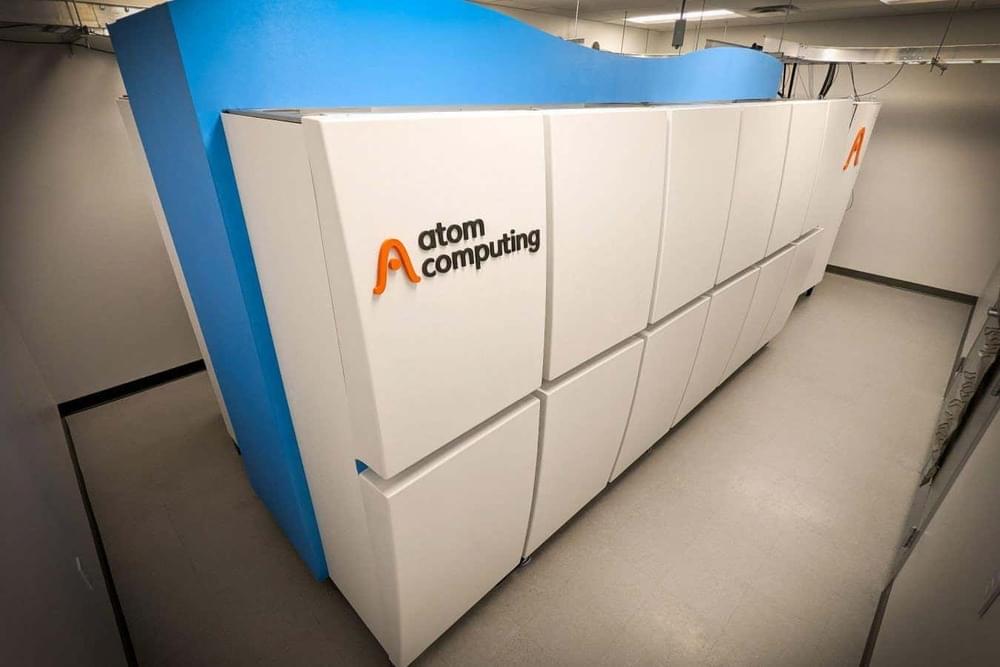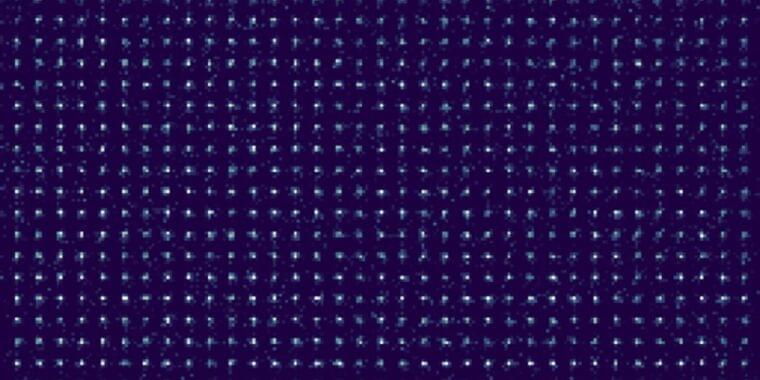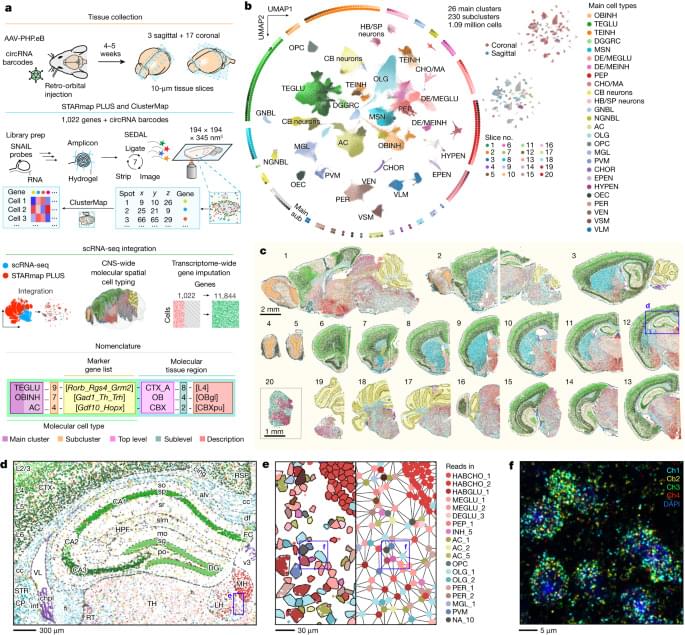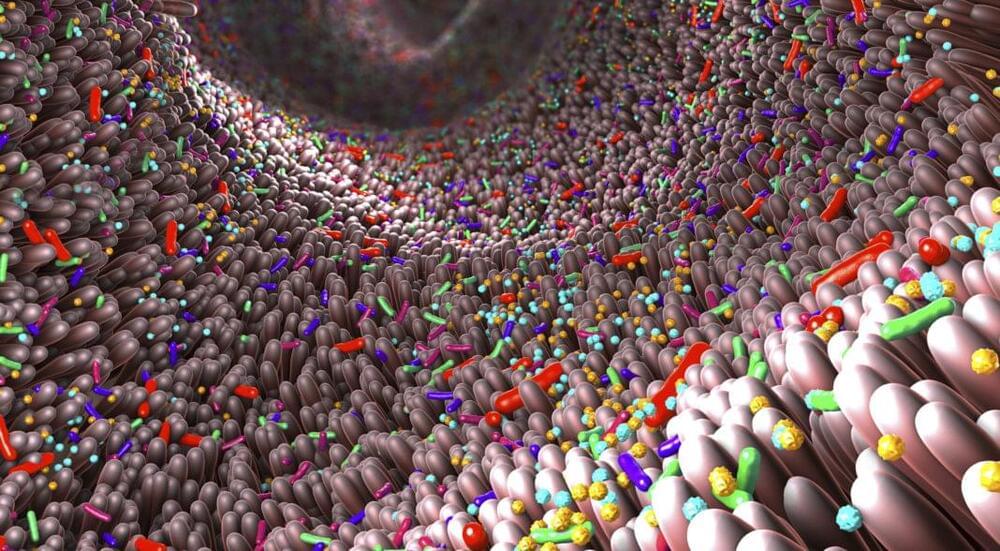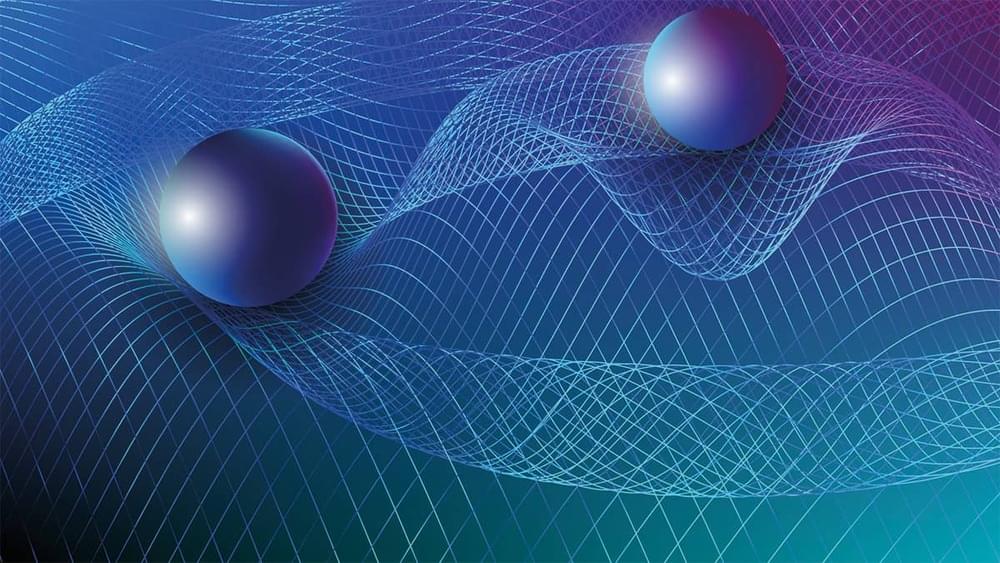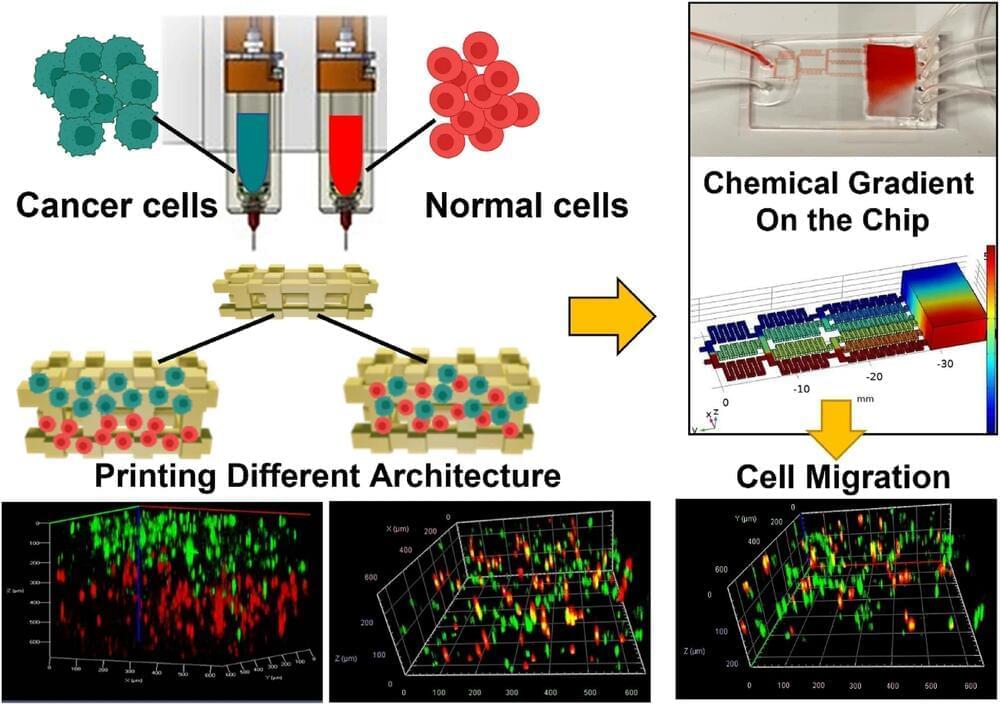Only theoretical now but someday this could lead to lag free and error free quantum computers.
Quantum gates built out of braid group elements form the building blocks of topological quantum computation. They have been extensively studied in SUk quantum group theories, a rich source of examples of non-Abelian anyons such as the Ising (k = 2), Fibonacci (k = 3) and Jones-Kauffman (k = 4) anyons. We show that the fusion spaces of these anyonic systems can be precisely mapped to the product state zero modes of certain Nicolai-like supersymmetric spin chains. As a result, we can realize the braid group in terms of the product state zero modes of these supersymmetric systems. These operators kill all the other states in the Hilbert space, thus preventing the occurrence of errors while processing information, making them suitable for quantum computing.
